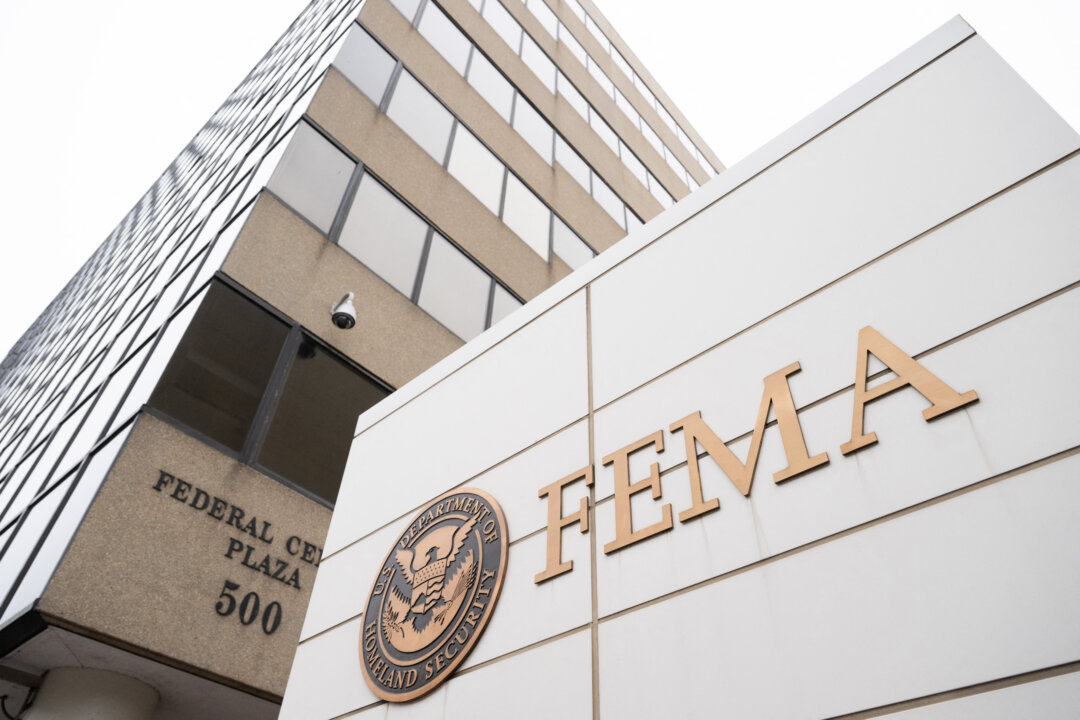Opinion editor’s note: Strib Voices publishes a mix of guest commentaries online and in print each day. To contribute, click here . ••• Minnesota has long been a national leader in health care — home to world-class hospitals, groundbreaking medical research and some of the best patient care in the country.
But that progress, and the stability of our entire health care system, is at serious risk. Significant cuts to Medicaid would jeopardize access to care for tens of thousands of residents, destabilize already-struggling hospitals and undermine the health care infrastructure that communities across our state depend on. At Medical Alley, a trade association, we represent the full spectrum of Minnesota’s health care ecosystem: hospitals, medical technology and pharmaceutical companies, insurers and research institutions.

For more than four decades, we’ve worked to advance solutions that improve care, expand access and reduce costs. As a leader in health care innovation, we welcome reforms that increase efficiency, eliminate waste and improve patient care. However, drastic cuts to Medicaid would not be reform; instead, it would threaten the future of our health care system.
We urge policymakers to reject these cuts and work with us to strengthen — not weaken — the health care system that so many Minnesotans rely on. Since its launch in 1966, Minnesota’s Medicaid program — Medical Assistance — has become a cornerstone of our health system. Today, it covers 1 in 4 Minnesotans, including half of all nursing home residents and 20% of those living in rural communities.
In 2024 alone, roughly 232,000 people were enrolled in Minnesota’s fee-for-service system each month, while more than 1.2 million received coverage through Medicaid health plans. It is the single largest source of health coverage in our state.
Medicaid isn’t just a program — it’s a safety net that prevents health crises and avoids costlier interventions. It covers a significant share of births, ensuring mothers receive prenatal care that reduces complications and NICU stays. It supports children with complex medical needs, funds in-home services for seniors in all 87 counties, and provides critical support for people with disabilities.
Strict eligibility rules mean only those who genuinely need help receive it — but for those who do, it’s a lifeline. And the impact goes far beyond individual patients. Medicaid is essential to the financial health of Minnesota’s health care providers — especially in rural communities.
The state is home to 76 critical access hospitals, 107 rural health clinics, and 17 federally qualified health centers operating across 80 sites, many of which serve large Medicaid populations. Without stable Medicaid funding, many facilities would face serious operational challenges or be forced to close their doors. That would be a devastating blow — not just to access, but to the local health care workforce.
Let’s be clear: Medicaid helps keep clinics open and health care workers employed. In communities already facing workforce shortages, cuts to Medicaid would only make matters worse. Stable funding is essential to retaining skilled staff, maintaining continuity of care and ensuring that health care remains available close to home.
Medicaid is also a key driver of medical innovation — something Minnesota is known for. Our state’s top-tier hospitals and research institutions rely on stable financing to develop new treatments, test breakthrough therapies and train future clinicians. Undermining Medicaid would undercut the very engine that powers Minnesota’s leadership in health innovation, slowing progress and limiting access to advancements that benefit patients across the state.
We don’t pretend Medicaid is perfect. Like any major public system, it can and should be improved — especially when it comes to care coordination, administrative efficiency and program integrity. But cutting funding across the board is not the answer.
Instead, let’s double down on what works, fix what doesn’t, and build a more efficient, effective and equitable system for everyone. We urge Minnesota’s congressional delegation to oppose proposals that would weaken Medicaid and jeopardize our state’s health. Medicaid is not just a line item in the budget — it is a commitment to ensuring every Minnesotan has access to the care they need, no matter their income or ZIP code.
Roberta “Bobbie” Dressen is the president and CEO of Medical Alley, a global organization based in Minnesota..
Politics

Opinion: Minnesota’s Medicaid benefits extend beyond patients

Keep what works and reform what doesn’t.















